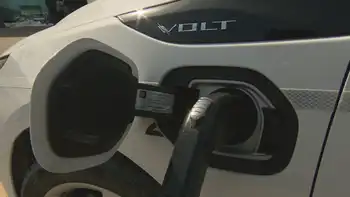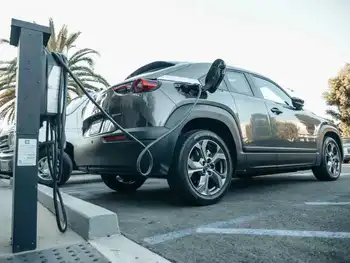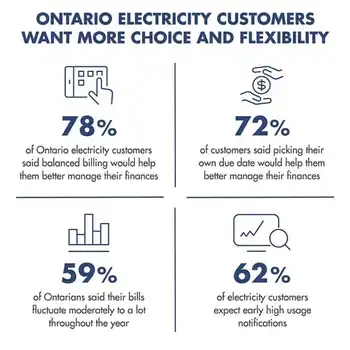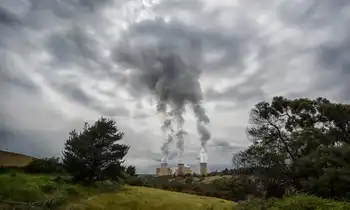- Retailer seeks gradual hydro price increase
Ontario's new Liberal government should gradually raise the price cap on electricity and reduce the number of customers it covers, says the head of one of the province's big energy retailers.
Rebecca MacDonald, chief executive of Energy Savings Income Fund, said consumers need to see market forces at work first hand if they are ever going to accept a deregulated electricity market.
Speaking at the Toronto Board of Trade recently, MacDonald was harshly critical of former premier Ernie Eves for capping the energy component of the electricity bill last year at 4.3 cents a kilowatt hour for householders and small businesses. The energy component makes up about half the total electricity bill.
Businesses that use up to 250,000 kilowatt hours of electricity a year are covered by the cap.
The Liberals have promised to keep the price cap in place until 2006, but MacDonald said the province needs to ease consumers into a deregulated market, step by step.
"I think raising the cap and lowering the threshold (of which businesses are covered by the price cap) is going to be probably the best education," MacDonald said following her speech.
"Education is a very important part" of deregulation, she said.
Putting ads in newspapers and on television isn't enough, MacDonald said. Consumers have to see the effects of markets first hand to get a true understanding.
MacDonald said consumers don't understand how much the current price cap is costing them.
Generators are paid the full wholesale market price for electricity, which is averaging about 5 cents a kilowatt hour, while consumers pay only 4.3 cents.
The provincial government makes up the difference and it has cost taxpayers more than $600 million in the past year, according to the Independent Electricity Market Operator.
MacDonald said retailers, regulators and politicians all made mistakes by introducing the deregulated electricity market too abruptly.
"We tried to feed the public so much, they simply threw up,'' she said.
The board of trade has advocated an electricity market that, for consumers and small businesses, works like the natural gas market.
Consumers would have a choice of signing a fixed-price, fixed-term deal with a retailer, or paying a variable market price by buying through a utility.
Gas customers pay a stable rate for three months at a time. At the end of the three months, they either get a credit or have to pay a "true-up" charge, depending how closely their rate has tracked the day-to-day market price.
MacDonald said retailers could compete for customers if the electricity market operated in a similar fashion, with a true-up every three months.
Under the old electricity system, rates changed monthly — sometimes dramatically — which led to consumer revolt.
MacDonald's company says it has almost 500,000 customers in Ontario through its operating subsidiary, Ontario Energy Savings Corp.
Related News

10 new electric vehicle fast-charging stations planned on Trans-Canada in N.B.
FREDERICTION - Motorists in New Brunswick will see 10 new fast-charging stations installed this year along the Trans-Canada Highway as the result of a partnership between the federal government and NB Power.
Fisheries and Oceans Minister Dominic LeBlanc announced $335,000 to build the new station and said it was to help address "range anxiety."
"Some Canadians are hesitant to buy these cleaner vehicles because they fear that the infrastructure is not there to support their choice to drive an electric vehicle," he said. "It's a fair point in a province where there's a high percentage of rural residents."
In partnering with NB Power and utilities elsewhere…




